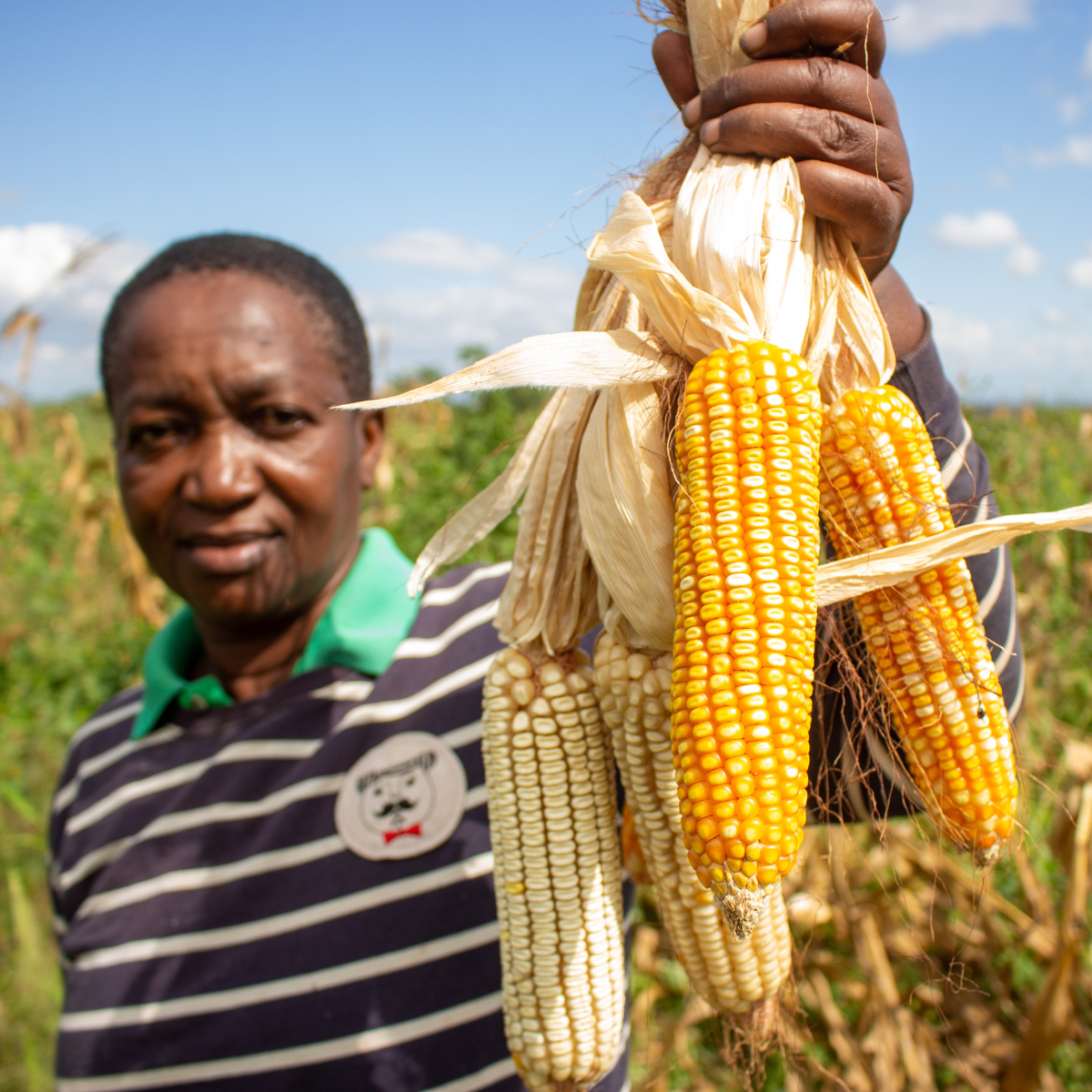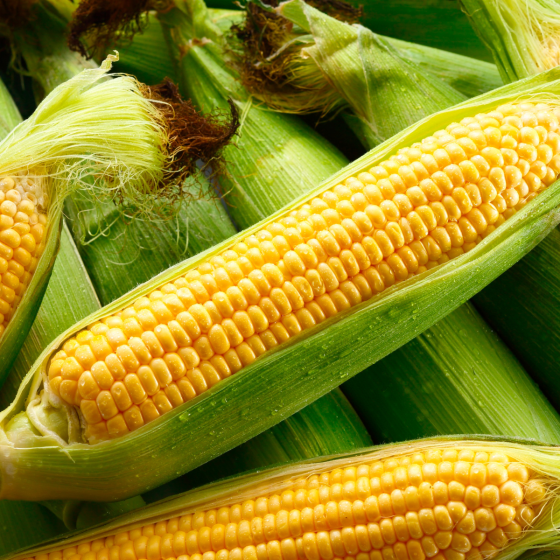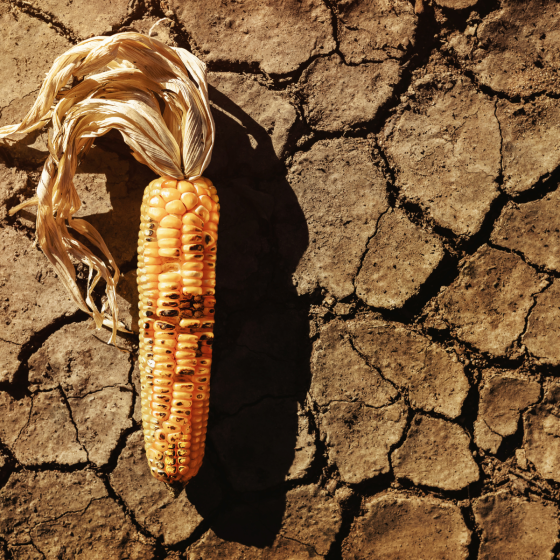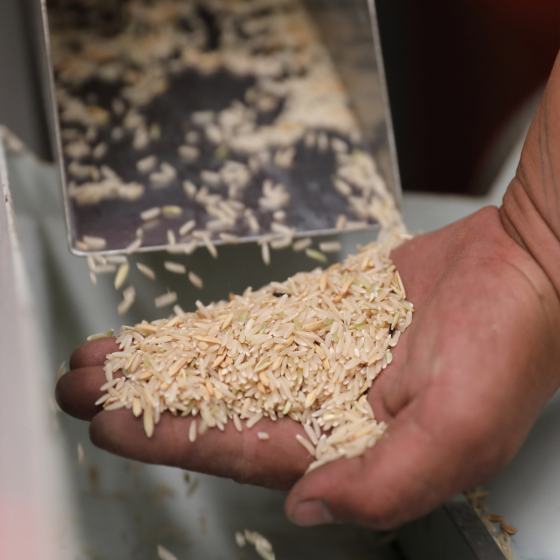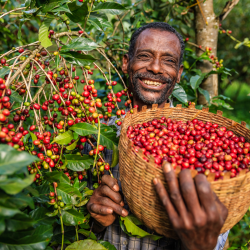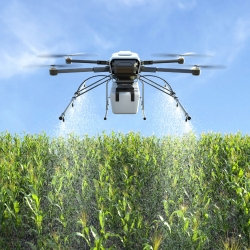Kwara State, located in North Central Nigeria, has made commendable strides in agricultural development, yet continues to face significant challenges in achieving full food security. Recent developments, particularly from 2019 to 2024, reveal that while the government has initiated impactful programs, underlying economic, climatic, and structural issues persist and affect household access to food.
Traditionally known for its agricultural productivity, Kwara cultivates staples such as maize, rice, cassava, yam, and sorghum. Bumper harvests in areas like Kwara North have helped boost overall output. However, much of this food is exported to other states, including Lagos, which diminishes local availability and contributes to inflation in food prices. While farmers are producing, the people of Kwara are not fully reaping the nutritional and financial benefits. Analysts and local stakeholders argue that Kwara must retain more of its produce by reviving grain silos and strengthening value chains to process and distribute food locally.
The 2024 Cadre Harmonise report, a national food security analysis tool, highlights Kwara’s success in conducting accurate grassroots data collection and assessments. However, the findings also reveal that about half of Kwara’s population is experiencing food stress. Many households consume minimally and resort to selling assets to buy food. Rising fuel costs, erratic rainfall, farmer-herder conflicts, and the prioritization of cash crops over food crops all contribute to the current pressure. Although Kwara ranks ahead of most Nigerian states in food security tracking, the reality on the ground is that many families still face hunger and poor nutrition.
In response, the administration of Governor AbdulRahman AbdulRazaq has rolled out initiatives aimed at mitigating these problems. Civil servants now benefit from subsidized rice purchases, a significant relief considering market prices reaching up to ₦100,000 per bag. A long-term agricultural transformation plan has been introduced, promoting technical services, irrigation, and community peace-building efforts to support dry-season farming. The creation of an agricultural help desk and the deployment of a security network to protect farming communities are part of a broader effort to foster food production and reduce external threats.
Nutrition programs supported by international organizations have drawn attention to the high rates of childhood stunting and malnutrition across the state. There is a growing concern that shifting focus from traditional food crops to high-demand cash crops, such as soybeans, may be undermining dietary quality and food accessibility for vulnerable populations. The Accelerating Nutrition Results in Nigeria (ANRiN) project underscores the need for inclusive interventions that prioritize maternal and child nutrition, particularly in rural areas.
Stakeholders, including the Truorganic Initiative for Social & Communities Development (TruORGANIC), Smallholder Women Farmers Organization of Nigeria (SWOFON) and the Centre for Community Empowerment and Poverty Eradication (CEEPE), have acknowledged government efforts but advocate for greater financial backing, transparency in input distribution, and equitable access to support for women and persons with disabilities. These voices call for inclusive budgeting and better collaboration with mechanization hubs to make agricultural tools more accessible to smallholder farmers.
Experts recommend that Kwara intensify efforts to localize food production, enhance irrigation facilities to stabilize yield across seasons, and strike a balance between food and cash crops. Expanding nutrition initiatives, investing in agricultural financing schemes, and simplifying access to local markets will help build resilience and reduce the number of households under food stress.
Oluwafunmilola MAKINDE (PhD) is Head, Research & Development at TruORGANIC Initiative, and Olaide OLAWUWO (MBA) is Executive Director at TruORGANIC Initiative, Ilorin, Nigeria.

